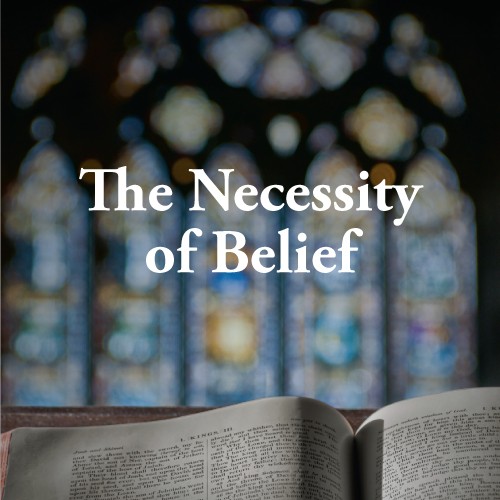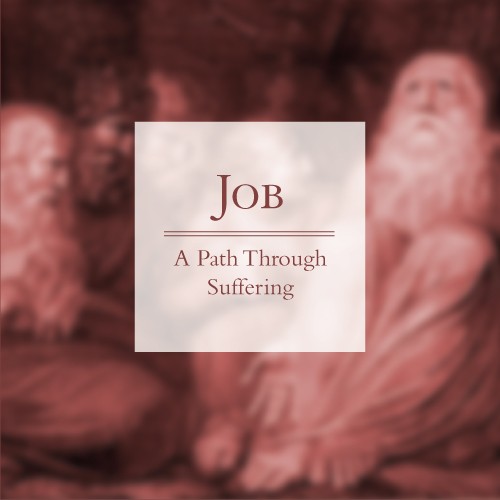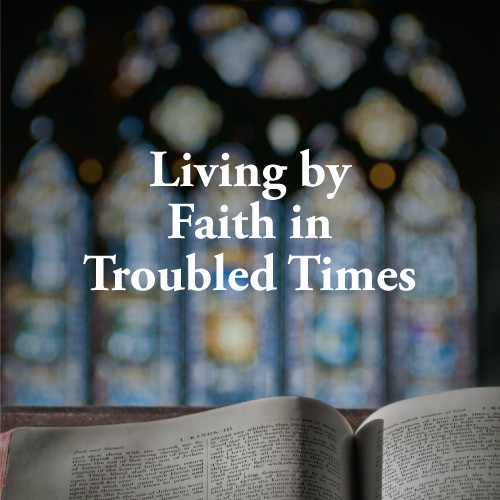
Sermon
Stay With the Ship
Tim Keller | November 2, 2003
Overview
The biggest problem people have in believing in God is probably the problem of evil and suffering.
In the Greek imagination, the voyage was a metaphor for your life’s journey, and a storm was a metaphor for the evil and suffering and tragedies that come upon us. In this passage in Acts, Luke is in a boat, and he includes this account to teach us about the problems of evil and suffering.
Let’s take a look at what he teaches under three headings: 1) the paradox of the storm, 2) the product of the storm, and 3) the presence in the storm.




